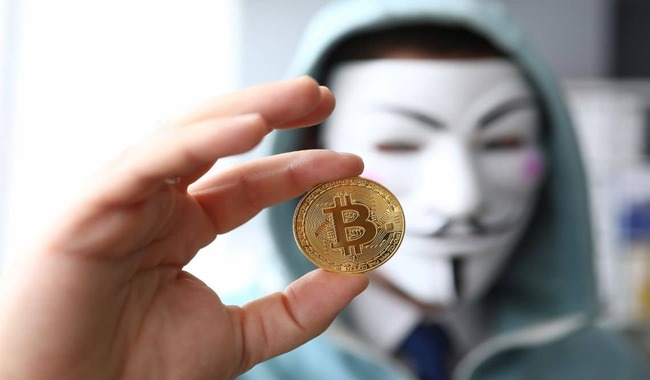Highlights:
- US spot Bitcoin ETFs now hold 1,105,923 BTC, surpassing Satoshi’s 1.1 million BTC holdings.
- Since January, BTC ETFs in the United States have accumulated over $33 billion in net inflows.
- Bitcoin ETFs hold 42% more BTC than Binance and 63% over MicroStrategy.
Bloomberg ETF analyst Eric Balchunas reported on X that Bitcoin exchange-traded funds (ETFs) in the United States now hold more Bitcoin than the estimated 1.1 million BTC owned by Satoshi Nakamoto, the cryptocurrency’s pseudonymous creator. According to data from CoinGlass, the combined Bitcoin ETFs now contain 1,105,923 BTC. BlackRock’s IBIT product leads with 521,164 BTC, recently surpassing half a million. Grayscale’s converted GBTC fund follows with 214,217 BTC. Fidelity’s FBTC holds 199,183 BTC.
Bitcoin ETFs achieved this milestone after a strong streak of positive inflows. Since their inception in January, the 12 BTC ETFs in the United States have collectively brought in more than $33 billion in net inflows. This week alone, the funds recorded nearly $2.35 billion in net inflows. Bitcoin’s $100,000 milestone contributed significantly to this growth. The total assets under management for these ETFs have now surpassed $109 billion.
Satoshi is believed to have mined approximately 22,000 of Bitcoin’s first blocks. At the time, the block subsidy reward was 50 BTC, which resulted in a total of 1.1 million BTC. After that, these coins remained untouched, further supporting the belief that they belong to Bitcoin’s pseudonymous creator.
Largest Bitcoin Holders
US spot Bitcoin ETFs, after surpassing Satoshi’s BTC stash, have become the largest Bitcoin holders in the world. However, other known entities also possess significant amounts of cryptocurrency. Binance, the global crypto exchange, ranks third with 633,103 BTC.
Meanwhile, MicroStrategy holds the largest corporate Bitcoin reserve, with 402,100 BTC valued at over $40 billion. Since 2020, the company has adopted Bitcoin as its primary treasury asset. MicroStrategy plans to raise $42 billion in capital for further BTC acquisitions in the coming years. BTC ETFs now hold 42% more Bitcoin than the Binance exchange and 63% more BTC than MicroStrategy. Other public companies, such as MARA and Worksport, have also embraced a similar strategy of accumulating BTC.
At the national level, the United States holds 208,109 BTC, worth $21 billion, from seized funds. This makes it the largest nation-state holder of Bitcoin, surpassing China and the UK.
KING OF THE HILL: The US spot ETFs have just passed Satoshi in total bitcoin held, now hold more than 1.1m, more than anyone in the world, and they're not even a year old yet, literally babies still. Mind blowing. h/t @EdmondsonShaun for the data pic.twitter.com/FQBIGGz5ei
— Eric Balchunas (@EricBalchunas) December 6, 2024
Bitcoin ETFs Surge Amid Crypto Bull Run and Regulatory Shifts
The rapid accumulation by BTC ETFs coincides with the ongoing crypto bull run. This surge saw BTC surpass $100,000 for the first time in history. The rally followed President-elect Donald Trump’s pledge to reverse Biden-era crypto crackdowns. He promised to replace regulatory hostility with policies that support the industry.
Trump has even proposed building a strategic US Bitcoin reserve. In November, Bitcoin ETFs saw $6.2 billion in net inflows. This shattered the previous record of $6 billion set in February. The approval of US spot Bitcoin ETFs earlier this year marked a turning point.
The Securities and Exchange Commission (SEC), under outgoing Chair Gary Gensler, had long opposed these products. A court ruling last year pushed the agency to approve them, leading to their launch in January. Ether-focused ETFs were approved soon after. Meanwhile, Gensler will step down the same day Trump is sworn in.
Best Crypto Exchange
- Over 90 top cryptos to trade
- Regulated by top-tier entities
- User-friendly trading app
- 30+ million users
eToro is a multi-asset investment platform. The value of your investments may go up or down. Your capital is at risk. Don’t invest unless you’re prepared to lose all the money you invest. This is a high-risk investment and you should not expect to be protected if something goes wrong.






